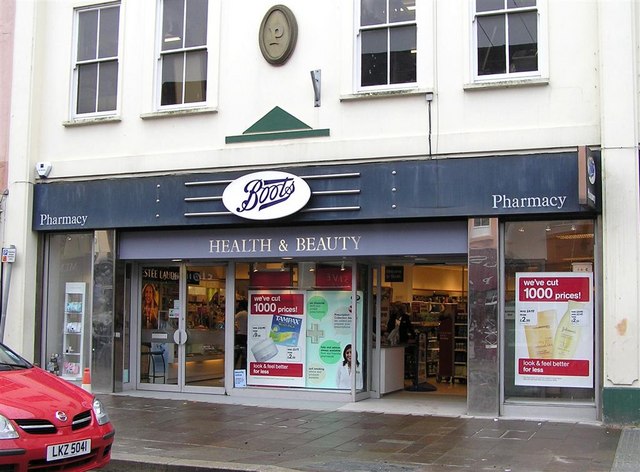Boots UK sees sales rise despite parent company’s closure of US stores, emphasizing digital and healthcare services
Boots UK has announced a positive sales trajectory for the recent quarter, contrasting with the strategic closure of underperforming stores by its parent company, Walgreens Boots Alliance (WBA).
During the May quarter, Boots UK grew in both its pharmacy and retail divisions. Despite an overall sales increase of 1.6 per cent, this growth was tempered by the impact of store closures, which amounted to approximately 300 shops over the past year. Presently, Boots operates around 1,900 branches across the UK.
Embed from Getty ImagesIn response to challenging conditions in the US retail market, WBA has decided to shutter additional stores following a comprehensive strategic review. Alongside these closures, the company has revised down its earnings per share forecast for the fiscal year ending in August.
Globally, WBA reported a 2.6 per cent increase in sales, totalling $36.4 billion (£28.8 billion) for the quarter. While retail sales in the US experienced a decline, robust pharmacy sales provided some offsetting stability. Conversely, Boots UK showcased a strong six per cent growth in comparable retail sales. This increase was driven by heightened foot traffic in key segments such as travel, beauty, and flagship stores.
Boots’ digital sales surged by 13.8 per cent, boosted by significant investments in the Boots App, which offers personalized deals to customers. Additionally, a 5.8 per cent rise in pharmacy sales was attributed to increased utilization of healthcare services.
The UK market particularly benefited from a spike in demand for travel-related products and vaccination services, aligning with the summer holiday season. Notably, refurbished airport branches reported exceptional performance, underscoring Boots’ strategy to focus on high-traffic locations.
Analysis:
Political Perspective: Boots’ decision to close stores amid profit revisions by WBA reflects broader economic challenges and regulatory landscapes impacting global retail operations. Politically, such strategic moves may draw attention to issues of job losses, consumer access to essential services, and corporate responsibility in times of economic transition.
Social Perspective: From a social standpoint, Boots’ emphasis on digital innovation and healthcare services mirrors evolving consumer behaviours and expectations. The surge in digital sales underscores a growing preference for convenient, personalized retail experiences. Socially, the provision of healthcare services reflects Boots’ role in meeting community health needs beyond traditional retail offerings.
Economic Perspective: Economically, Boots’ approach to optimizing operational efficiency through store closures and digital expansion illustrates strategic adaptation to competitive pressures and shifting consumer preferences. The closures of underperforming stores and focus on high-margin segments like healthcare services highlight efforts to bolster profitability amidst economic uncertainties.
Racial Perspective: While racial implications are not explicitly addressed in this context, retail dynamics, including store closures and strategic adjustments, can intersect with discussions on economic equity and access to retail services across diverse communities. Understanding the impact of such decisions on different demographic groups remains critical for assessing inclusive economic practices in retail operations.
Gender Perspective: Boots’ retail strategies and consumer engagement initiatives are likely influenced by gender demographics and consumer preferences. Understanding gender-specific shopping behaviours and preferences can inform targeted marketing strategies and product offerings, shaping Boots’ market competitiveness and consumer outreach efforts.
Environmental Perspective: Environmental considerations in retail operations, such as sustainability practices and resource management, are increasingly relevant. While not directly covered here, Boots’ strategic decisions may also impact environmental sustainability efforts, influencing stakeholder perceptions and regulatory compliance in the retail sector.
